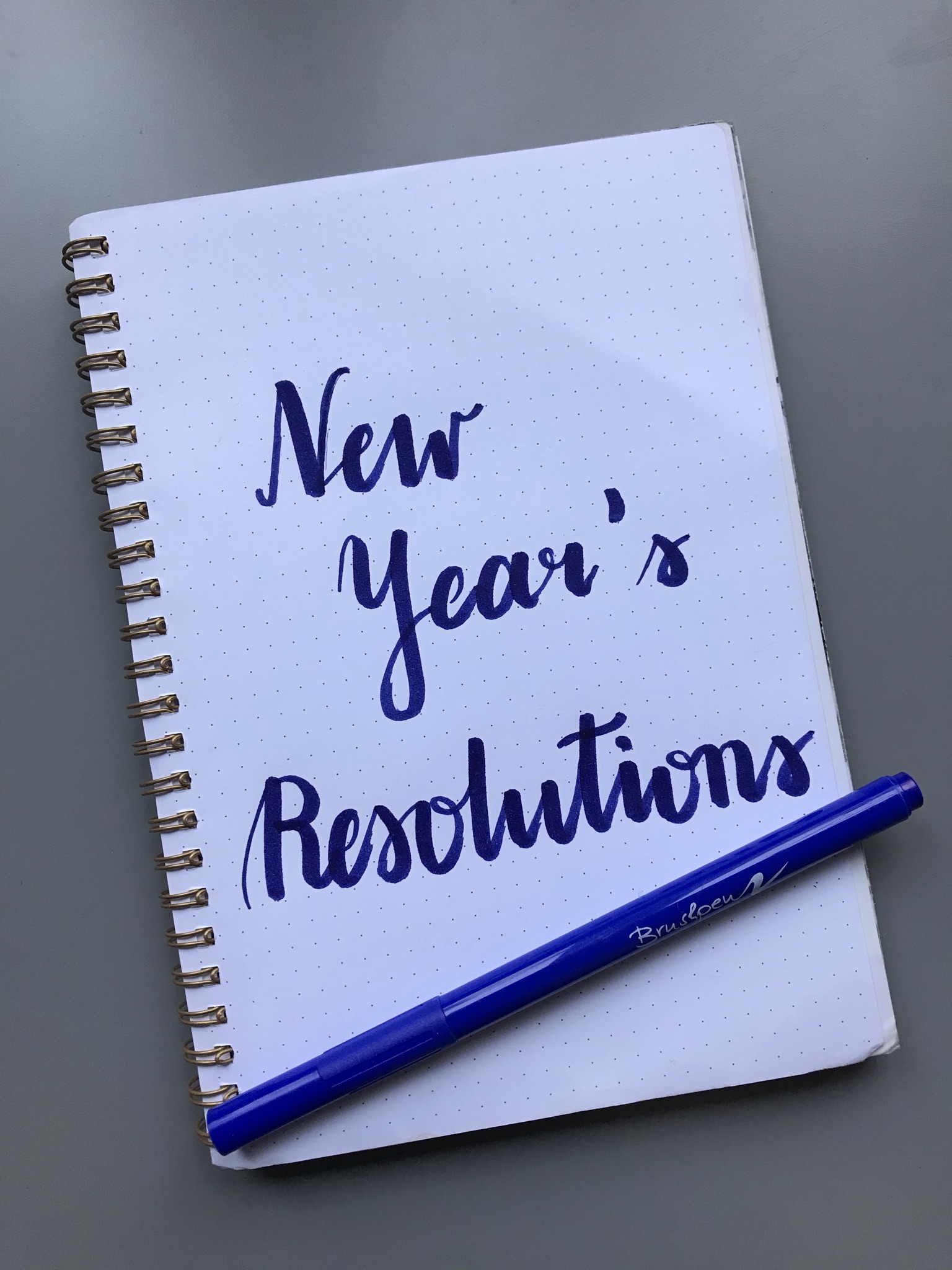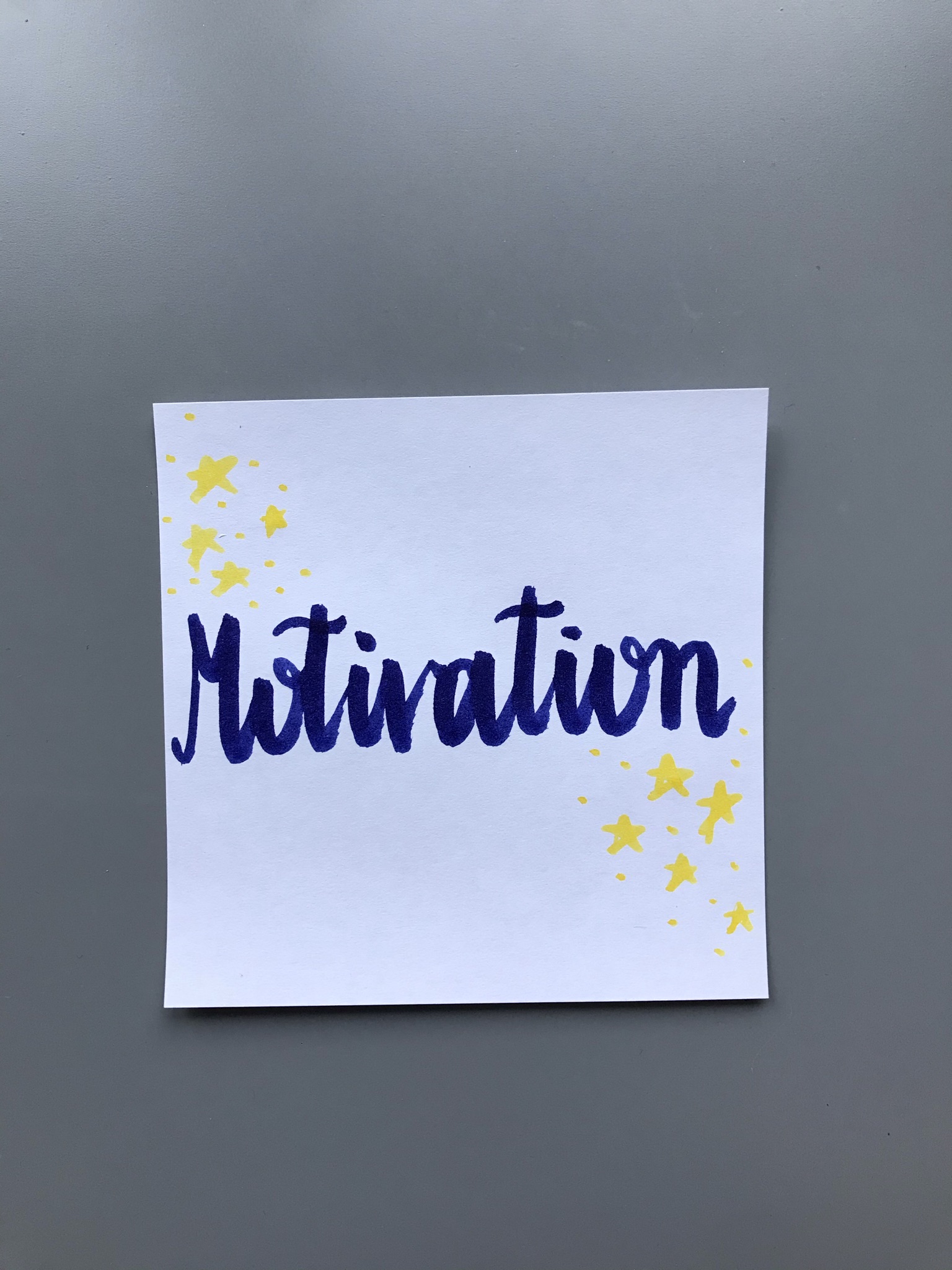Partner of our everyday life, it can be persistent or weak, sometimes it is a source of our panic mode or our high motivations – s t r e s s. I have the feeling that talking about it is like watching an exotic or an intriguing masterpiece in a museum – we look at it, try to understand it, go deeply into the meaning but we don’t actually know what it is and we still ask ourselves different questions but have no answers to them. On the other side, it’s a really popular topic and we can find lots of articles in almost every magazine about stress, its genesis and its influence on our life. As on Monday I start my exam session, which is always connected with stress and my panic mode is switched on, I decided to talk about it here on my blog. And so, last week I did another social research, asking you some easy-not-easy questions.
Towarzysz naszej codzienności, bywa natarczywy albo słaby, czasem jest źródłem paniki, ale zdarza się też, że motywuje do działania – s t r e s. Mam wrażenie, że rozmawianie o nim jest jak oglądanie jakiegoś egzotycznego okazu albo intrygującego dzieła w muzealnej gablocie – przyglądamy się temu, próbujemy zrozumieć, zgłębić, ale w gruncie rzeczy nie wiemy do końca, o co chodzi i cały czas stawiamy sobie pytania, na które nie mamy odpowiedzi. Z drugiej strony jest to przecież bardzo popularny temat i w niejednym czasopiśmie możemy znaleźć artykuły na temat stresu, jego genezy i wpływu na nasze życie. Jako że już w ten poniedziałek zaczynam swoją sesję egzaminacyjną, co zawsze wiąże się ze stresem i lekką paniką, postanowiłam poruszyć ten aspekt również tutaj na blogu. W związku z tym przeprowadziłam badanie społeczne, zadając Wam kilka prostych-nieprostych pytań.
First, let’s define stress. As MedicineNet says, it is a physical, mental, or emotional factor that causes bodily or mental tension, which can be external or internal and also can initiate the "fight or flight" response, a complex reaction of neurologic and endocrinologic systems. But I think that everybody has their own personal definition of stress. For some of you, it is something that is overwhelming for you in your everyday life. There were also some answers that it is a reaction, which doesn’t help us to make a reasonable decision. There was one sentence that intrigued me – stress is our second self, which was born when some kind of a trauma occurred in childhood and is growing with us from then on. On the other hand, for some of you stress is connected with the fact of having lots of stuff to do that you can handle with, or a feeling of just not being sure about something and the consequences of that decision.
Na początku zdefiniujmy sam stres. Według Centrum Dobrej Terapii stres jest reakcją organizmu w odpowiedzi na wydarzenia, które zakłócają jego równowagę, obciążają lub przekraczają nasze zdolności do skutecznego poradzenia sobie, jednak mam wrażenie, że każdy z nas ma swoją osobistą definicję stresu. Dla niektórych z Was jest to coś, czego jest w życiu za dużo, taki przytłaczający element codzienności. Pojawiły się też stwierdzenia, że jest to reakcja, która nie pozwala na podjęcie odpowiedzialnych czy logicznych decyzji. Najbardziej zaintrygowała mnie definicja stresu jako naszej „drugiej osobowości”, powstałej z jakiejś traumy w dzieciństwie, i rosnącej od tamtej pory. Z drugiej strony, stres dla niektórych z Was wiąże się z dużą ilością zadań, którym nie jesteście w stanie podołać, albo z uczuciem, które przychodzi wtedy, gdy po prostu nie jesteście czegoś pewni.
How we see stress also influences the way we manage it. I asked you, how you feel when you are stressed and most of you said that you are paralyzed and just a couple of people said that they feel motivated. As a result, it seems that for most of us stress affects us negatively and can be really harmful.
Tensed muscles and the paralysis can really limit us for a while and that’s why it is so important to find a way to deal with it. And here is the question – is it possible to overcome the stress?
To, jak traktujemy stres, przekłada się również na to, jak on na nas wpływa. Zapytałam Was, jak się czujecie, gdy jesteście zestresowani i większość z Was zaznaczyła opcję sparaliżowana/y i tylko niektóre osoby wybrały drugą opcję – zmotywowana/y. Z tego wynika, że dla większości stres jest szkodliwy i ma wpływ zdecydowanie bardziej negatywny.
Spięte mięśnie i paraliż potrafią nas ograniczyć na dłuższą chwilę, dlatego tak ważne jest znalezienie sposobu na to, jak sobie z tym poradzić. I tutaj pojawia się pytanie, czy stres da się okiełznać?
Yes, it is possible, but it’s not really easy. First of all, we need to figure out how we feel the stress – is it like a wave, which comes immediately and suddenly like a tsunami? Or is it like a growing plant inside of us that increases until it gets its highest point? Based on the way we feel it, we have to find the method which will help us manage stress. In case of a wave, we need something which will help us immediately, like a deep breath, a five-minute meditation, an affirmation or a mantra, a quick little walk in our flat or counting down to ten, screaming into a pillow, drawing out or writing down our thoughts. In the second case – the growing plant – it’s recommended to think about a method that will work in long terms or a habit that we do every day to release the tension. Something like meditation, talk with a friend, a little walk, playing with your pet, or drinking a lemon balm. Those tiny things can really help us reduce the level of stress and so it won’t get its highest point in the future.
Tak, ale to nie jest łatwa sprawa. Przede wszystkim trzeba zorientować się, jak odczuwamy stres – czy jest jak fala, która nagle przypływa i zalewa nas niczym tsunami, czy może jest jak kiełkująca roślinka, i w pewnym momencie osiąga taki poziom, że nas paraliżuje. W zależności od tego, jak go odczuwamy, musimy dobrać odpowiednią metodę radzenia sobie z nim. W przypadku fali trzeba znaleźć sposób, który zadziała doraźnie, jak głębszy oddech, chwilowa medytacja, mantra czy uspokajająca afirmacja, przejście się po mieszkaniu, odliczanie do dziesięciu, krzyczenie w poduszkę albo rozrysowanie lub rozpisanie swoich myśli. W drugim przypadku – kiełkowania – warto pomyśleć o metodzie działającej długofalowo lub jakimś nawyku, który pozwoli nam każdego dnia odetchnąć i wyciszyć się, a co za tym idzie, zmniejszyć stres. To może być codzienna medytacja albo rozmowa z kimś bliskim, spacer w parku czy zabawa z domowym zwierzakiem, lub picie melisy czy innego naparu. Takie małe, codzienne rytuały pozwolą na zadbanie o swój komfort psychiczny i będą obniżały poziom stresu, dzięki czemu nie będzie on osiągał swojego apogeum w późniejszym czasie.
To be honest, I stress a lot. It can be a little thing or a big issue that stresses me. Sometimes I react by crying and sometimes I feel really motivated and so I manage everything. In the past, I wanted to delete stress from my life, because I was thinking that it had a really bad influence on me and when I was stressed I wasn’t myself. But during my therapy, I realized that it is impossible to throw stress away from our life. The thing is, that we need to figure out how to deal with it. I still have some problems but I already know some methods that help me calm down – dance, talk with my best friend, walk, yoga for relaxation and even crying it out. Every method makes me feel more relaxed and decreases the level of stress. Apart from that I also realized that stress isn’t bad itself, quite the opposite - it is needed. The fact that I’m stressing isn’t my weakness.
I’m leaving you with this thought hoping that after reading this post you will also notice it and feel it. I’m sharing with you some inspirational links to videos, podcasts, and other stuff about stress, its genesis, and ways of dealing with it. Stay strong and brave, with a breathe!
Będę z Wami szczera – ja się bardzo stresuję. Stresuję się zarówno drobnostkami, jak i większymi sprawami. Czasem płaczę ze stresu, a czasem dostaję kopa energetycznego i działam. Kiedyś chciałam całkowicie pozbyć się stresu z mojego życia, bo uważałam, że jego negatywny wpływ za bardzo mnie przytłacza, ale na terapii zrozumiałam, że nie da się wyeliminować stresu – to, co można z nim zrobić, to nauczyć się go opanowywać. Nadal mam z tym problem, ale znam już kilka sposobów, które wiem, że mi pomagają – taniec, rozmowa z przyjaciółką, spacer, joga relaksacyjna, nawet wypłakanie się. Każda z tych czynności sprawia, że jest mi lżej, a poziom stresu się obniża. Poza tym zrozumiałam, że stres nie jest zły sam w sobie, wręcz przeciwnie, jest potrzebny. Fakt, że się stresuję, nie jest moją słabą stroną.
I z tą myślą Was zostawiam, mając nadzieję, że po przeczytaniu tego posta też to zobaczycie i poczujecie. Poniżej garść inspiracji, czyli kilka linków do podcastów, filmików i innych tekstów na temat stresu, jego genezy i sposobów jego opanowywania. Trzymajcie się ciepło i dzielnie, z oddechem!
I N S P O links
with love
Basia

















